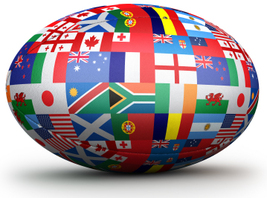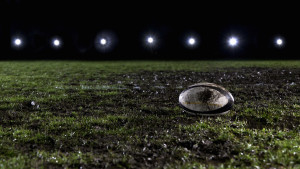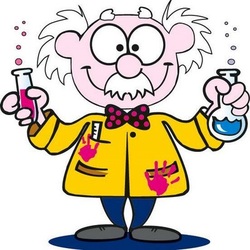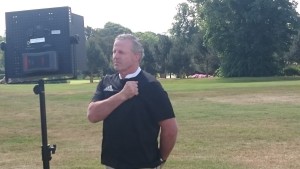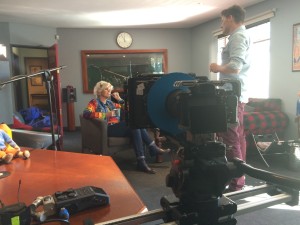Today, 5.45pm (SS1)
Don’t get too excited. This one isn’t for all the marbles, but it will pitch two of the world’s best scrummaging teams against each other.
Argentina aspire to greater things around the park these days, but their game is rooted in the power provided by the tight five. Just ask the Boks, who succumbed to Nicolas Ayerza’s dark arts a few weeks ago. The big guy is back for today’s clash.
Georgia, led by magnificent Mamuka Gorgodze, beat Tonga in their opener – producing more tackles (201) than any team in the RWC since 2007 – and will be looking for back-to-back wins, something they have never achieved at a World Cup.
Difficult by name, the front row of Mikheil Nariashvili, Jaba Bregvadze and Davit Zirakashvili are difficult by nature too.
It’s time to hide the women and children.
SOUTH AFRICA v SAMOA
Saturday, 5.45pm (SS1)
You would never have imagined a match against Samoa shaping up as one of the most important of the last 20 years. But here we are.
The self-doubt that has crept into the Springbok beast will only be banished if they beat Samoa at Villa Park, preferably by a couple of scores.
The defeat to Japan was shattering, but beating Samoa will help right things. No team has ever won the World Cup having lost in the pool stages, but the Boks will be chasing their own sort of history.
Samoa will likely start with a hiss and a roar, but blow themselves out at around the hour mark – so long as they follow the script.
The Bok XV is far better than the one that buckled against Japan. With a captain playing for his life and the Springboks’ psyche badly bruised, the backlash ought to be vicious.
ENGLAND v WALES
Saturday, 9pm (SS1)
This one is for the heavyweight championship of the UK, a belter in the making.
Over 80 000 lucky souls will cram Twickenham for a match that will largely define the fortunes of each team. England have made some high-risk selections, chiefly Owen Farrell at flyhalf and untested Sam Burgess in midfield. His battle with James Roberts in the midfield might well go full nuclear.
Don’t expect any frills from England. They aren’t the most dynamic team at the best of times, but with the Group of Death to be overcome, they will play it safe and tight.
Ultimately, home ground advantage and Wales’ injury toll will probably determine the outcome, but not before some spicy twists and turns.







